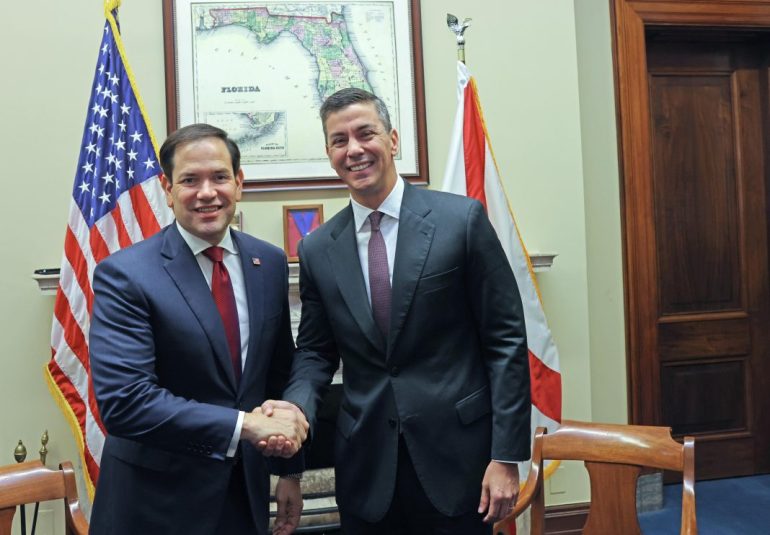Paraguay’s hydroelectric capacity, particularly from the Itaipú Dam, could make it a key player in global energy. U.S. Senator Marco Rubio highlighted this potential speaking before the U.S. Senate Foreign Relations Committee this month, noting AI’s growing energy demands.
Rubio expressed concern that the world’s current energy output is insufficient to support the explosive expansion of AI technologies. “We simply do not produce enough global energy to meet this demand,” he stated. He underscored that countries with abundant, low-cost, and renewable energy sources, like Paraguay, will be in a favourable position to support global AI infrastructure.
Conclusion of long-standing bilateral agreement
Paraguay, which co-manages the Itaipú Binational Dam with Brazil, benefits from one of the world’s largest hydroelectric power facilities. With the conclusion of the long-standing bilateral agreement over energy sales with Brazil, Paraguay now has greater autonomy over its commercialisation. The Itaipú Dam received recognition from Guinness World Records for having the largest accumulated energy production in the world.
During his remarks, Rubio cited Paraguay as an example of how energy strategy intersects with technological advancement. “Someone, if they’re smart, will go to Paraguay and open an AI facility,” he said. Rubio pointed to the country’s low-cost electricity as a draw for potential investors in data processing and AI development.
Itaipú Dam energy surplus presents opportunities
Paraguayan media outlets reported on Rubio’s statements, emphasising that Paraguay’s energy advantage could position it as a strategic player in the global AI economy. The reports noted that Paraguay’s surplus of clean, renewable energy presents opportunities for the country to attract high-tech industries.
Rubio’s comments reflect broader U.S. foreign policy priorities that favour partnerships with energy-rich, stable nations. As AI technologies continue to expand globally, demand for sustainable energy is set to increase dramatically. In this context, Paraguay’s hydroelectric capacity could place it at the centre of new geopolitical and economic alliances.
In that context, Rubio expressed to the Senate committee the need to engage in conversations about not only the United States’ role in the energy sector, but also “helping to invest or partner with countries that have an energy supply.”
While no formal agreements were announced, Rubio’s statements signal growing international recognition of Paraguay’s potential role in the future of digital infrastructure and energy cooperation.


